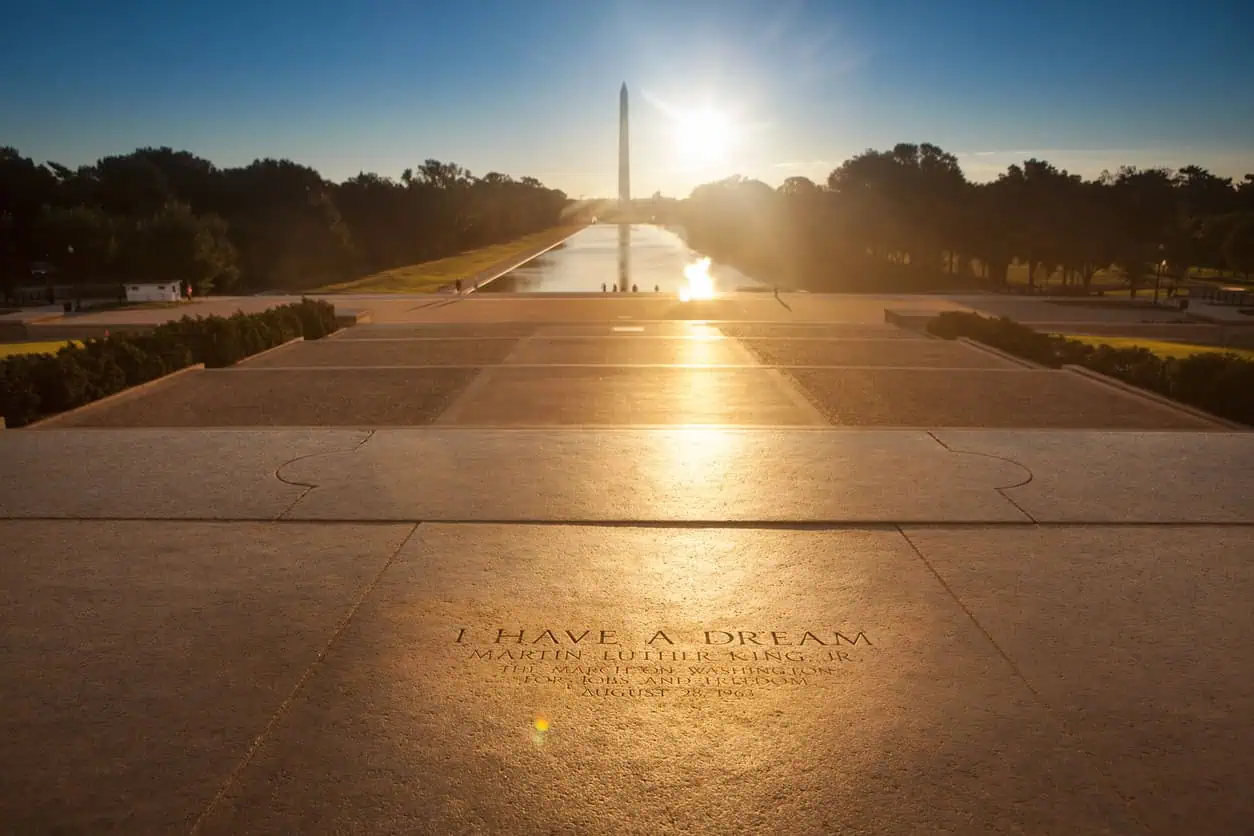Welcome to your essential guide on civil and political rights news! Whether you’re a high school graduate stepping into the workforce or just seeking to broaden your understanding and involvement, this guide is tailored for you.
Why Civil and Political Rights Matter
Understanding civil and political rights is fundamental for citizens and participants in any workspace or community. These rights shape how we live, work, and interact with the world around us. This guide aims to enlighten you on recent developments, fundamental movements, and how you can participate in this vital area. Stay informed, be prepared, and take active steps toward creating a more just and equitable society. Let’s explore the significant aspects of civil and political rights together.
Recent Trends in Civil and Political Rights News
The landscape of civil and political rights is ever-evolving, with new developments often reflecting broader societal shifts. Over recent years, a few key trends have emerged that highlight the changing dynamics within this crucial area.
Increased Awareness and Activism
Social media has played a pivotal role in increasing awareness about civil and political rights issues globally. Campaigns about rights violations reach a broad audience faster than ever, leading to more organized activism. For example, movements promoting diversity in the US significantly raise awareness about cultural and political diversity.
Legislation Amendments
Reforms in legislation also reflect changing attitudes towards civil and political rights. Many countries have amended their laws to enhance protection against discrimination and to broaden the scope of existing civil rights laws. Efforts to understand the attitudes toward bilingualism in the US are excellent examples of the frameworks trying to keep up with societal changes.
Technological Impacts
Advancements in technology are reshaping how civil and political rights issues are reported and managed. Artificial Intelligence (AI) and data analytics are increasingly used to monitor rights violations and predict potential crises. Moreover, blockchain technology is being explored to secure election voting processes, promoting transparency and fairness.
Challenges and Controversies
While there are positive trends, challenges persist. These include controversies over privacy issues due to increased surveillance and debates around the balance between national security and individual rights. The complexity of these issues calls for well-informed public discussion and robust, adaptable legal frameworks.
For more detailed statistics and historical data on civil and political rights, see educational resources like those available from the United Nations and the American Civil Liberties Union. These sites provide in-depth analyses, essential guidelines, and reports.
Impact of Policy Changes on Civil Rights
Policy changes at both national and international levels can significantly impact civil and political rights. Such changes often aim to address emerging issues or rectify historical injustices but can also lead to unforeseen consequences.
Enhancements in Justice and Equality
Many recent policy changes have targeted enhancing justice and equality. For instance, reforms in criminal justice systems across various states in the U.S. aimed at reducing racial disparities in sentencing are crucial developments in civil rights. Regulations ensuring equal employment opportunities and battling workplace discrimination also mark significant strides towards more equitable societies.
Influence on Immigration Laws
Revisions in immigration laws have profound impacts on civil rights, affecting millions of individuals globally. Changes in policies, such as those regarding asylum seekers and refugees, not only reshape the lives of those seeking refuge but also influence the social and economic fabric of host countries. These policy shifts often reflect broader public sentiment and political climates, emphasizing the interconnectivity of civil rights issues worldwide.
Potential Backlashes
New policies can provoke backlash from various groups, leading to protests or legal challenges. For example, stringent voter ID laws, purportedly introduced to reduce voter fraud, have been criticized for disenfranchising minority voters. This illustrates a complex balance between securing electoral integrity and ensuring broad-based electoral participation.
Visitors may find valuable insights on sites like Amnesty International to understand the diverse global perspectives on civil rights protections. Additionally, resources such as global cultural festivals in February provide an enriching context for data on cultural attitudes and their potential legislative impacts.
Spotlight on Civil Rights Pioneers
Civil and political rights news often features stories of pioneers who have shaped history through their determined advocacy and groundbreaking actions. Their stories inspire and remind us of the continuous effort needed to safeguard these rights.
Influential Figures
Leaders like Martin Luther King Jr. and Rosa Parks are well-known, but many other advocates have also had a significant impact. Contemporary figures continue this legacy, using new platforms and technology to promote change. Moreover, understanding their contributions helps us appreciate the contexts of current civil rights discussions.
Legacy and Continuing Impact
The work of these pioneers is not confined to history books. Their strategies and speeches inform current movements and legal frameworks. This ongoing influence demonstrates the lasting importance of their commitment to justice and equality.
Educational Outreach
Programs designed to teach young people about these trailblazers are crucial. They not only educate but also inspire future generations to continue the work. Also, events celebrating these figures often highlight their specific contributions to civil and political rights.
Consider reading about the cultural significance of food further to explore its cultural roots and contributions to civil rights. Additionally, for a broader understanding of historical and ongoing civil rights issues, visit educational websites like the NAACP, which offers extensive resources.
Significance of Understanding Civil Rights Laws
Grasping the intricacies of civil rights laws is critical to recognizing and protecting the freedoms guaranteed by them. This knowledge not only empowers individuals but also fosters a more just society.
Legal Protections and Rights
Civil rights laws across different jurisdictions are designed to protect individuals from discrimination and ensure equal treatment under the law. These include laws related to voting rights, equal employment, and access to public facilities.
The Role of Education
Education plays a crucial role in spreading awareness about civil rights laws. Schools and universities often incorporate civil rights education into their curricula to inform students about their citizenship rights and responsibilities.
Public Awareness Campaigns
Several non-profit organizations run campaigns to educate the public about civil rights laws. These efforts are vital in helping people understand how to safeguard their rights effectively and when to seek legal help.
For deeper insight into these laws, visiting governmental sites like the U.S. Department of Justice Civil Rights Division can provide comprehensive and authoritative information.
Civil Rights Movements Across the Globe
Civil and political rights movements are not confined to any nation; they’re a global phenomenon. While each movement is unique, it shares the goals of justice and equality.
Fundamental Movements in Different Regions
The Civil Rights Movement of the 1960s in the United States is a prominent example, but other regions have seen similar struggles. In South Africa, the anti-apartheid movement reshaped national policies and global perceptions of racial segregation. Latin America has seen various movements to protect indigenous rights and fight systemic inequality.
Impact on Global Policies
These movements often prompt significant policy shifts within their countries and internationally as global bodies like the United Nations take action based on these advocacy efforts. This leads to more comprehensive protection measures worldwide.
For more information on regional rights issues, Human Rights Watch’s annual report provides insights into civil rights conditions globally.
How Media Influences Civil and Political Rights Perceptions
The media is critical in shaping public perception of civil and political rights news. Through various platforms, information is disseminated that can either support or undermine the principles of fairness and equality.
News Coverage and Public Opinion
Extensive media coverage on civil rights issues can mobilize public opinion and influence policy-making. Positive portrayals encourage empathy and support, while negative coverage may reinforce stereotypes or provoke backlash.
Social Media’s Role
Social media platforms have transformed the landscape of civil and political rights advocacy. They allow for real-time sharing of injustices and mobilize support across the globe, often culminating in virtual or physical protests.
Challenges with Misinformation
However, the rise of misinformation on these platforms poses significant challenges. False reports can fuel conflicts and mislead the public, impairing practical civil discourse and policy response.
For balanced coverage and educational material on civil rights issues, resources like NPR’s civil rights section provide informed and nuanced perspectives that can enhance the public’s understanding. Regular engagement with such reliable sources is essential in fostering a well-informed community.
Your Role in Supporting Civil and Political Rights
Everyone has a role in advocating and maintaining civil and political rights. Individual actions, no matter how small, can contribute to more significant societal changes. Here are some ways you can make a difference.
Stay Informed
The first step is to stay informed about current civil and political rights news. Understanding the issues helps you to discuss them knowledgeably and form informed opinions.
Participate in Democracy
Participate in your local and national democratic processes. Voting, attending town hall meetings, and engaging with your representatives can impact policies concerning civil rights.
Support Organizations
Many organizations work tirelessly to promote and protect civil rights. Supporting these organizations can amplify their impact. Consider donating or volunteering to enhance their reach and effectiveness.
Resources like the ACLU’s racial justice program offer valuable information for practical ways to engage with civil rights movements.
Legal Frameworks that Shape Civil and Political Rights
Legal frameworks are fundamental in shaping the civil and political rights landscape. These laws define the boundaries of government power and individual freedoms.
Domestic and International Laws
Nations have their own laws governing civil rights, but international agreements and treaties, such as the Universal Declaration of Human Rights, play a crucial role as well. These documents influence national legislation and practices.
Reform and Adaptation
As societies evolve, so do the demands for law reforms. These changes must address new civil and political rights issues arising from technological advancements and society.
Challenges in Implementation
Implementing these frameworks effectively remains a challenge. Enforcement is vital to ensuring that laws on paper translate into real-world protection and equality.
To learn more about the interplay of law and civil rights, visiting educational institutions like Harvard University’s law school resources can provide deeper insights. Additionally, the overview provided by the cultural significance of food in civil rights contexts can be enlightening for a broader perspective.
FAQ’s
Understanding civil and political rights news can be complex. Here are some frequently asked questions to provide clarity.
What are civil and political rights?
Civil and political rights are the core rights that protect individuals’ freedoms to ensure equality and justice. These rights include freedom of speech, the right to vote, and the right to a fair trial.
Why are civil rights important in everyday life?
Civil rights protect individuals from discrimination and enable them to participate fully in society, ensuring they have equal opportunities in areas like employment, education, and voting.
How can I effectively support civil and political rights?
Stay informed about issues, participate in local and national elections, and support organizations working towards civil rights advocacy and education.
What role does the media play in civil rights?
The media helps shape public perception and awareness of civil and political issues, which can significantly influence policy-making and public opinion.
Are civil rights the same in every country?
No, civil rights vary significantly across countries depending on their laws, cultural norms, and history. However, international standards seek to provide a foundational level of rights globally.
If you have further questions about specific civil rights issues or need legal advice, consider contacting legal professionals or relevant non-profit organizations.
Conclusion
Staying informed and engaged with civil and political rights news is crucial for the health and progress of our global society. Every individual has the power to make a difference, whether through learning, sharing, supporting, or directly participating in advocacy efforts on our diversity job board.
Take Action
Join Diversity Employment today and upload your resume! You will find employment opportunities and diversity and inclusion resources that impact civil and political rights. Together, we can contribute to a world where equality is not just an ideal but a reality.




